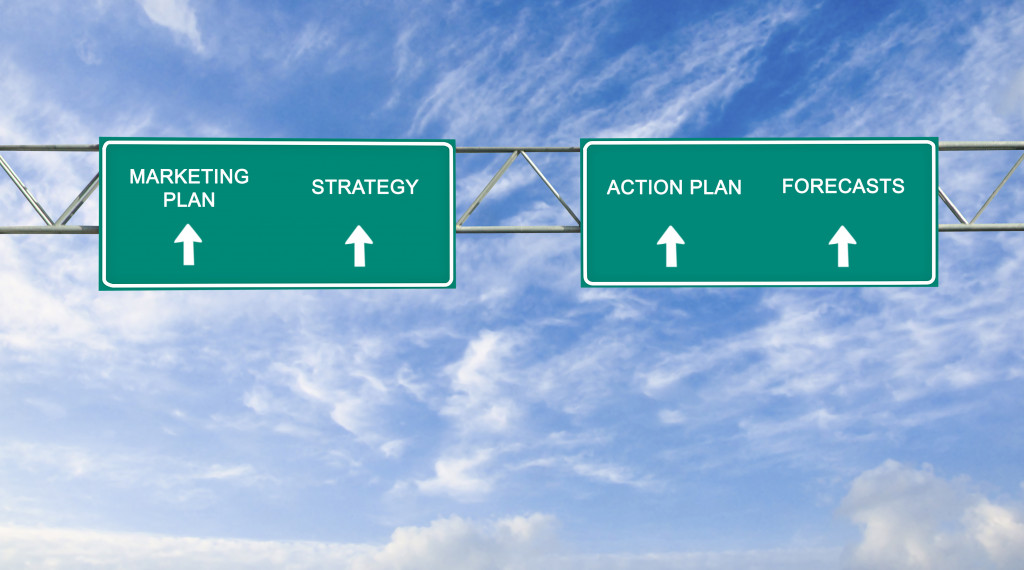Buying and selling are one of the most profitable businesses that you can start. The solution to all your problems is simple: buy low, sell high. You control how much capital you put into the business, how much risk you take, and how quickly you want to grow. You can make a lot of money when buying and selling high-demand products at competitive prices.
You can be a middleman, purchasing a product for less than its retail price and selling it for more. This is an excellent way to make money if you have a good sense of what consumers want. The internet has made it possible for people to buy almost anything online. However, buying and selling also come with their own set of challenges.
Here are some tips on maximizing your profits while minimizing your risks.
Know Your Product
If you are going to sell a product, then you need to know everything about it. That means knowing how much it costs to make, the market price, and where your competition stands. Comparing your product’s price to those of similar items will help you set a reasonable price and determine the potential profit margins.
You may want to consider selling a unique product, which will allow you to charge more than the competition. The key here is to ensure that your product has value and that people will buy it even though they can get the same thing elsewhere. If you are going to sell a commodity-like item that is readily available on other sites, then price should be your focus when setting up your store.
Understand Your Market
Once you’ve decided on your price point, it’s time to understand your market. You can do this by researching what people are currently buying and how much they are willing to pay for it. This will help you determine whether your product has value in the eyes of consumers.
Market purchasing patterns also change and evolve over time, so keeping an eye on the market and adjusting accordingly is essential. For example, if you are selling a luxury item amid a recession, it may be worth lowering your price and offering more value to the consumer to attract more buyers.
Secure Your Supply
After you have determined the demand for your product, it’s time to secure the supply. You should always try to work with suppliers who produce high-quality products, increasing your chances of selling the item successfully. If you are unsure whether a supplier is legitimate, ask them for references from other companies they have previously worked with. Keep in mind that once you find a reliable supplier, it’s also essential to maintain a good relationship with them, as a stable supplier will benefit your supply chain.
If you’re in the market of buying and selling second-hand goods, then you should also be aware of the risks involved. Many scams happen in this market, and it is vital to learn how to spot them before they affect your business. Falling victim to fraud or future potential supply issues can significantly affect your bottom line and make it challenging to remain competitive in your industry.
Choose Trusted Couriers

If you’re a business that sells tangible goods, one of the most significant factors affecting your profits is how well you handle shipping. Unlike real estate or used cars, for example, there’s no way to know if a product is genuine and in good condition without personally inspecting the goods. This is why it’s important to use reputable couriers who will take responsibility for their packages.
If a package arrives damaged or lost, the couriers will be responsible for fixing the situation. Thus, it would be best to make sure that they use GPS shipment tracking technology. This way, you can have real-time alerts of your product’s location and estimated delivery time, which can help you better manage customer expectations.
Other services like customized insurance and door-to-door delivery can also help improve your customer experience. Couriers are especially crucial if you’ll be shipping items internationally, as they have the knowledge and expertise to help you avoid any customs issues.
Closing Thoughts
When buying and selling a business, your ROI significantly depends on your product and how well you manage your logistics. Expenses like shipping, storage, and inventory can quickly add up. The key is to find the right balance between costs and customer experience so that you’re not overspending but still providing the best service possible.
E-commerce buy-and-sell business can save on overhead and logistics costs, but you may need to find the right balance between online and offline sales channels if your products require specialized handling. If you’re thinking about starting your own buy-and-sell business, understand your options and choose the best option.
